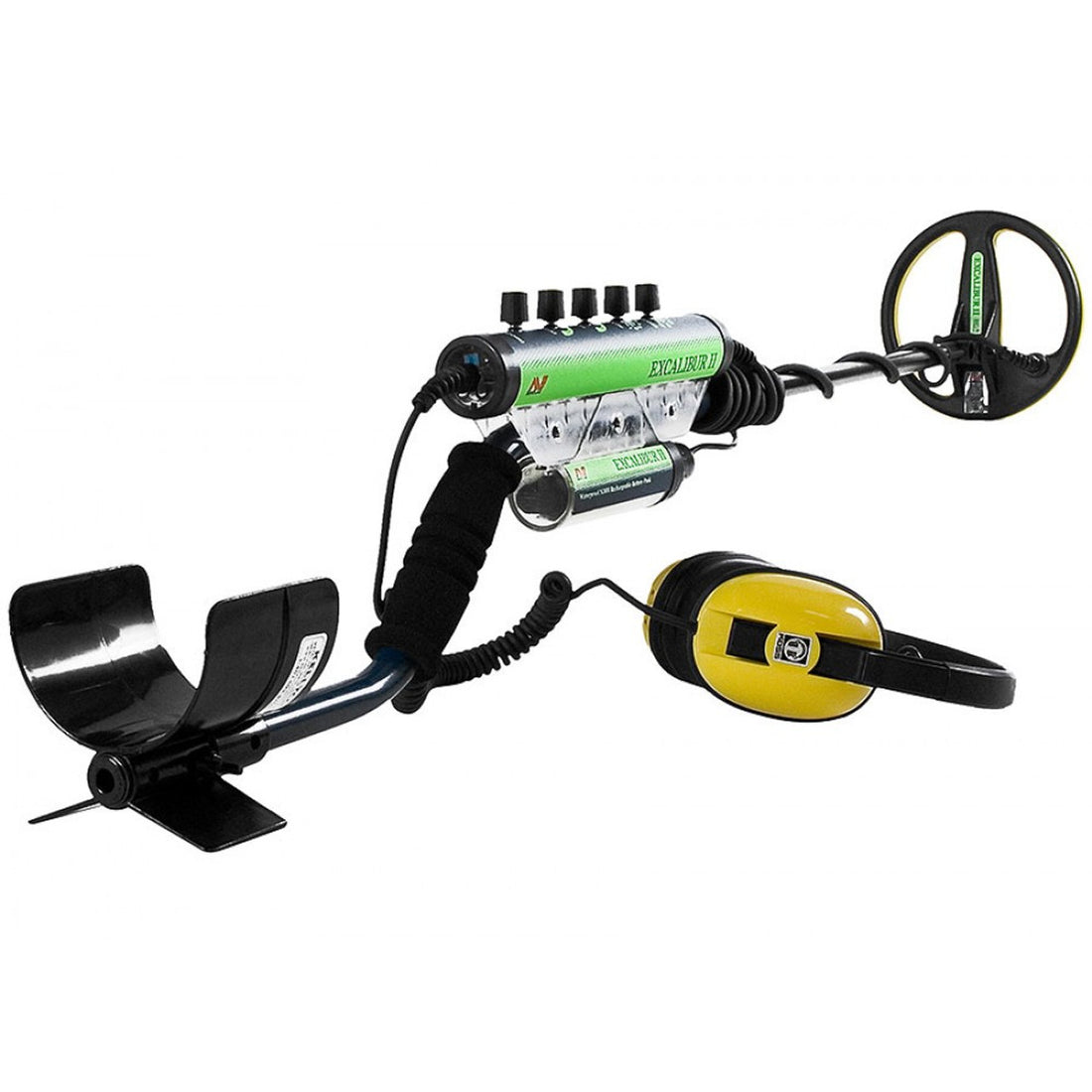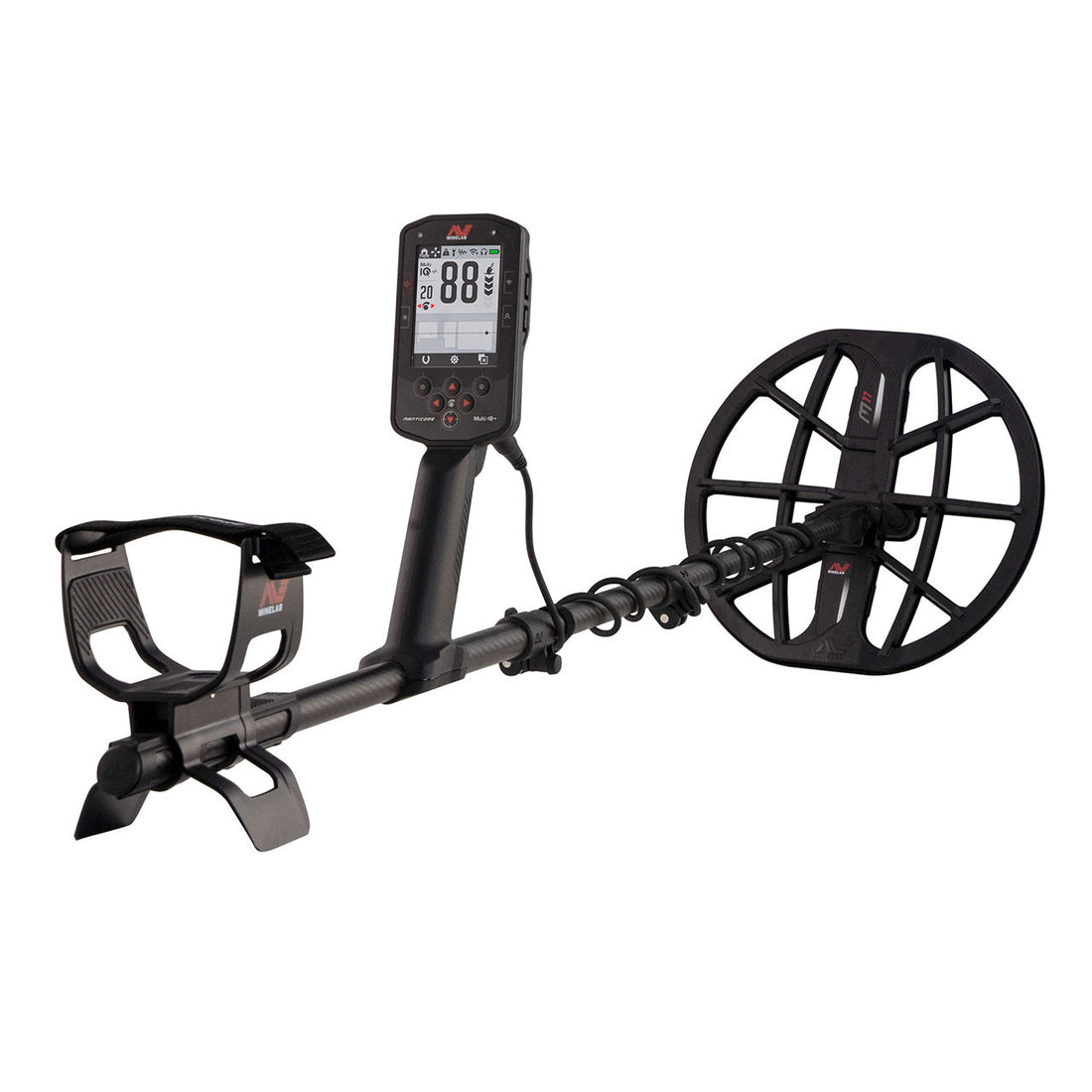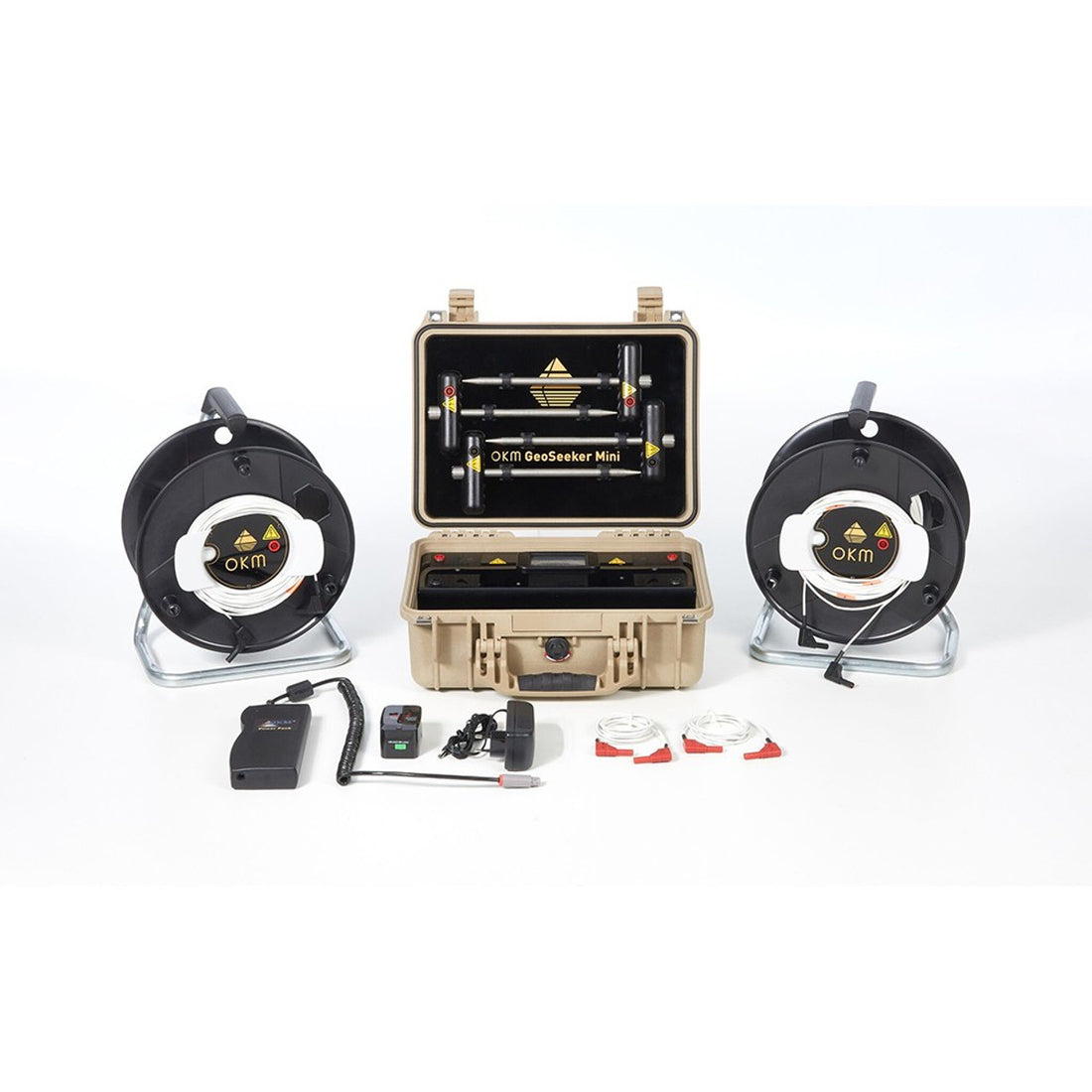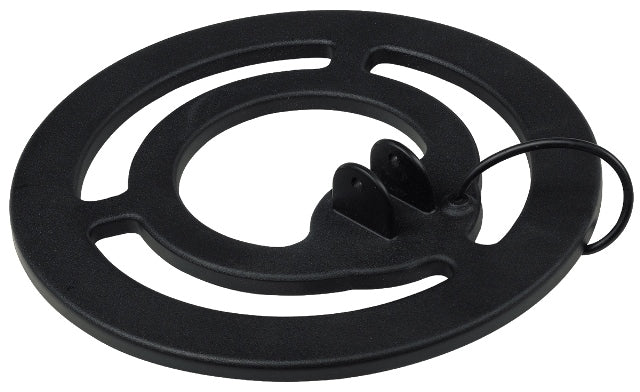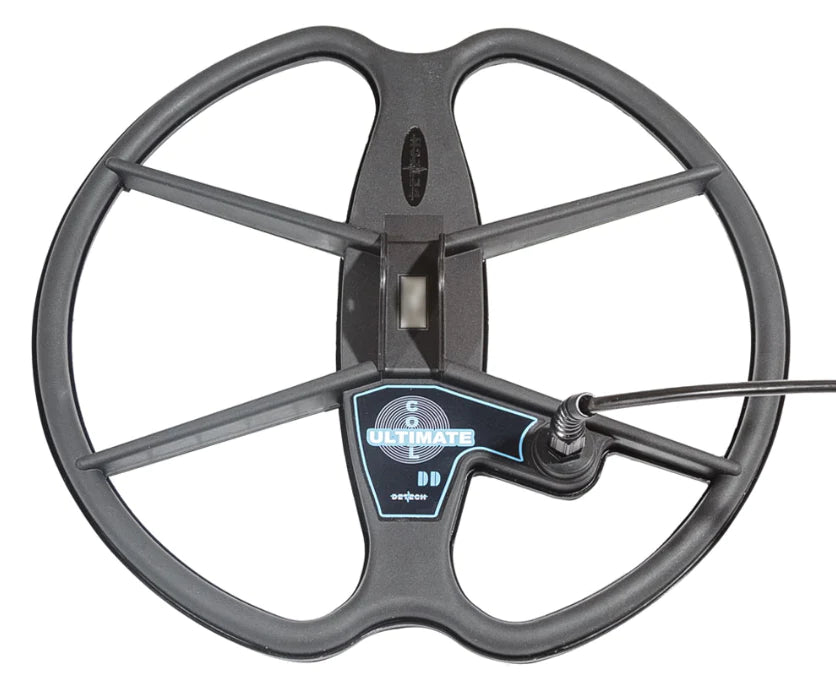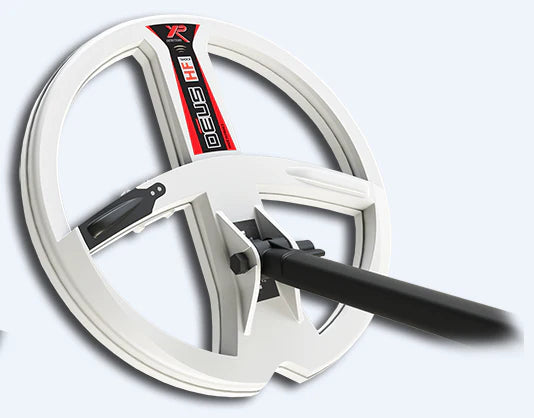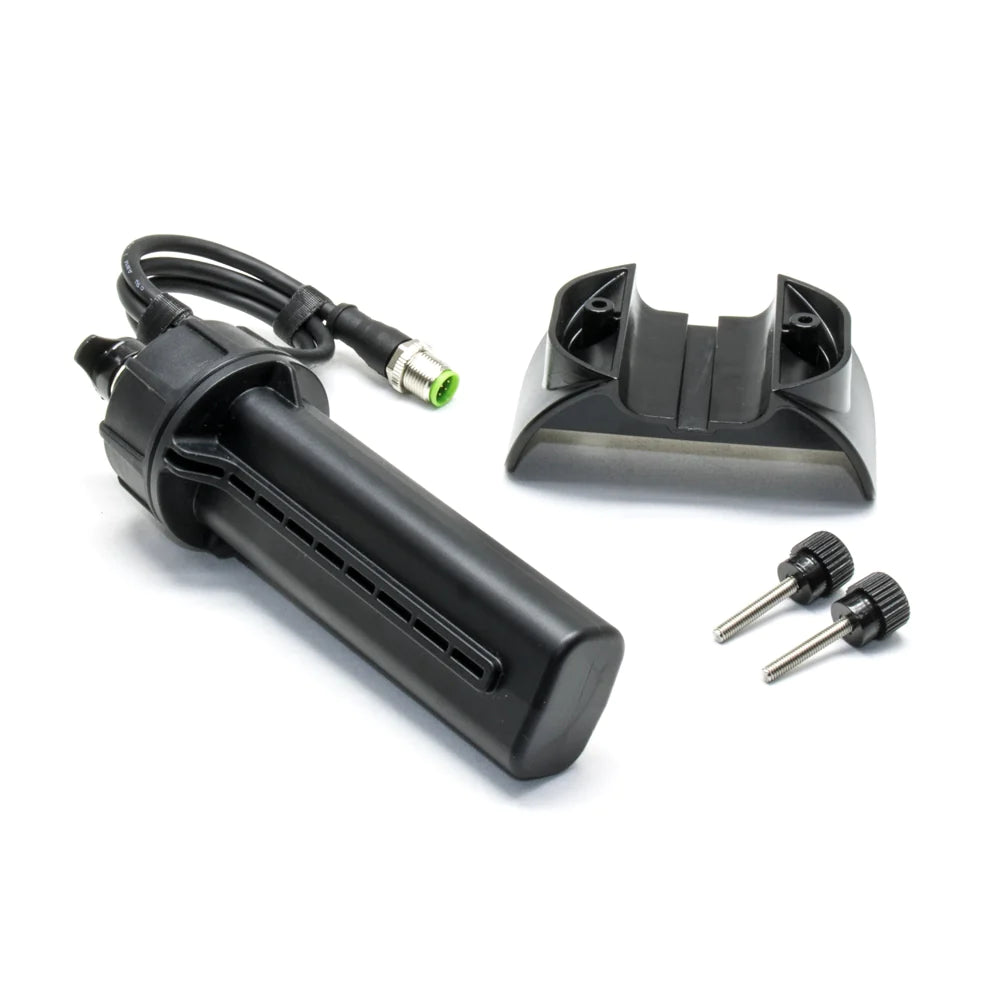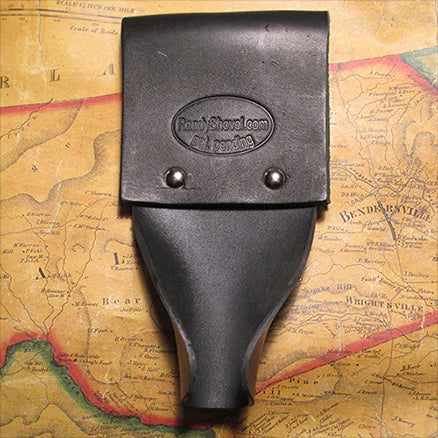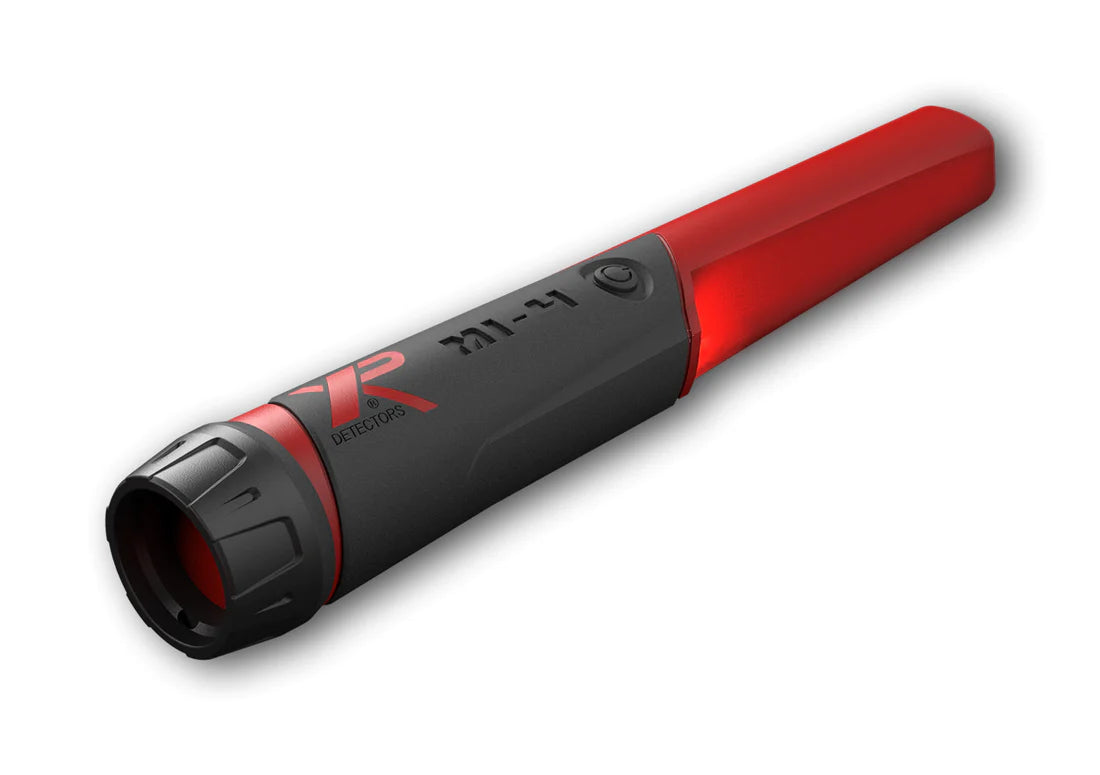What are the Best Metal Detectors for Finding Meteorites?
What are the Best Metal Detectors for Finding Meteorites?
What can be more exciting than using a metal detector to find an object from outer space right here on earth? The thrill of meteorite hunting has been enjoyed by collectors and hobbyists long before the advent of metal detectors. Modern-day meteorite hunters can be seen searching for these “falls,” as they are referred to, using various equipment. Television shows like Meteorite Men and episodes of Meteorite hunting on the popular show Cash and Treasures have brought the thrill to the masses. So what are your chances of finding a meteorite, and what in the world are they worth anyways? In this article, we will explore these questions and also talk about selecting the best equipment to start your journey.
Most of the meteorites that we find today come from tiny astronomical objects known as meteoroids. Similar finds have also been made on the Moon and Mars. To date, there have been nearly forty thousand meteorite finds recorded. Let's look at a bit of science to get us started. I promise not to go too deep or make this boring! The most important thing to know about meteorites is that they can be broken down into three main categories. The first is the stony meteorite. As the name implies, these are simply rocks. They are made up of silicate minerals. The next type of meteorite is those made up of iron and nickel. The final type of meteorite can be thought of as a hybrid, a stony-iron meteorite. This category of meteorites is made up of large amounts of rocky material and iron and nickel. For these last two categories of meteorites, a decent metal detector will help you to locate them.
So, where can you find a meteorite? Meteorites can be found most anywhere. With that said, the most common places to find a meteorite are in dry climates with little precipitation. The reason for this is that iron is a major component of most meteorites. The dry climate helps to preserve the iron content. Meteorites are commonly named for the location where the “fall” took place. It is undeniable that finding a meteorite can be an exciting experience. To identify a meteorite, you must go through a process to confirm that it is indeed a meteorite and not just an ordinary rock. Newcomers to the hobby sometimes make false positive identifications of meteorites. To build a meteorite collection, you must learn proper meteorite identification techniques as you get involved in the hobby.
The value of a meteorite is based on several factors. These include aesthetics, rarity, and size. Documented meteorites can be among the most valuable materials found on the planet. They can easily surpass the value of gold, platinum, and diamonds. One of the largest documented meteorites weighed in at over 1,400 pounds. The meteorite was found in Kiowa County, Kansas, and has been valued at over one million dollars! Stones that have not been classified are the least valuable and can draw values of about .50 cents per gram. A more unusual specimen can draw values of up to $400 per gram. If you come across a lunar or Martian meteorite, these specimens can draw values of up to $1,000 per gram! Most meteorites sell somewhere within this range.
So you are wondering, how can I find a meteorite with a metal detector? Let's take a moment to explore the best metal detectors for locating meteorites. In general, metal detectors that are suited to prospecting for gold nuggets are also an excellent choice for meteorite hunting. These detectors feature a relatively high frequency and are very sensitive to the smallest of targets. These metal detectors will also handle the high-ground mineralization that is found in the desert. Typically, coin hunting detectors are optimized to reject targets such as iron and nickel. These targets may be considered junk to a coin hunter but not to a meteorite hunter!
So what is the best metal detector for finding a meteorite? Here is a list of the best metal detectors for finding meteorites based on your budget. The following entry-level meteorite metal detectors are great for first-time meteorite hunters:
Entry Level Meteorite Metal Detectors:
If you are a bit more adventurous and have the budget, consider the following middle-of-the-line units:
Mid-Level Meteorite Metal Detectors:
Top Meteorite Metal Detectors:
- Detech SSP 5100 Deep Seeking Metal Detector System
- XP DEUS Metal Detector
- Nokta Makro Invenio Pro Pack Smart Metal Detector and 3D Imaging System
- Nokta Makro Invenio Standard Pack Smart Metal Detector and 3D Imaging System
- Groundtech Discovery SM Smart 3D Ground Scanning Detector (Top Pick)
- Groundtech Discovery SMR Smart 3D Ground Scanning Detector + Resisitivity (Top Pick)
Now let's talk about the best accessories for use during meteorite hunting. You will want to get a larger search coil. The larger the search coil, the deeper you can detect the earth. A 15 or 18-inch search coil will take you down feet into the earth. A smaller search coil will not detect quite as deep, but it has the added advantage of being more sensitive to smaller targets. You will want to get your hands on a decent set of metal detecting headphones. The Audio phone headphone is an excellent set, and it will not break the bank. These headphones will let you locate the older, deeper targets and are rugged in design. They will help you save on batteries because they turn off the external speaker when they are plugged into your detector. You will also want to get a decent rock pick and shovel. The Lesche Digging tools are top-notch for serious digging. A GPS is an important accessory. You will want this to document the location of your find. The GPS is also quite helpful to have when you find yourself out in the wilderness. Finally, you will want a neodymium rare earth disc magnet.
No matter where your adventures take you, be sure to do your research and pack for the adventure. Meteorite hunting can take you to some of the most remote spots on earth in search of your celestial pursuits. Need some personalized help selecting the best equipment for your quest? Pick up the phone and speak to one of our product specialists. We are here to assist you in selecting the best metal detector and accessories for your needs. Remember to have fun and keep safe!
Copyright 2011 Detector Electronics Corp. Revised 2020

